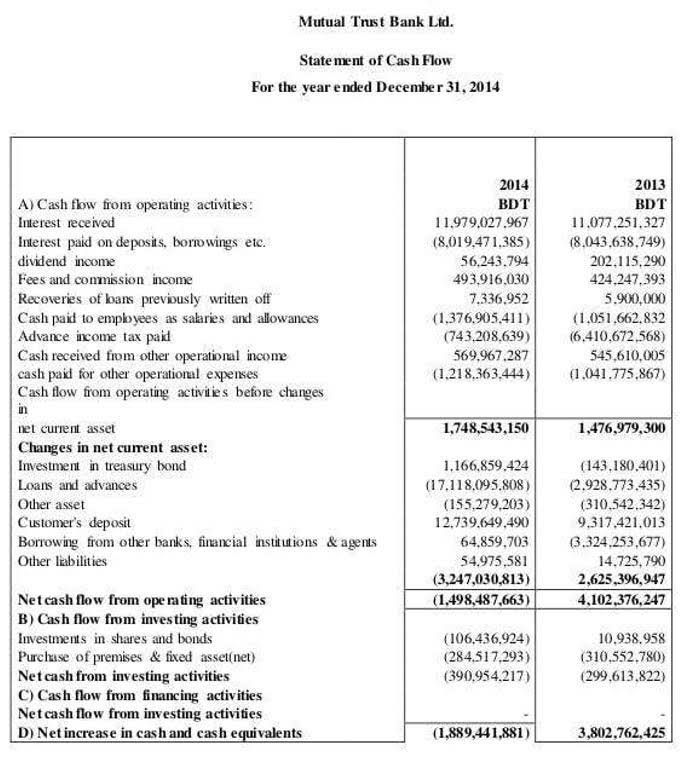
Have you ever wondered who should file a claim for damaged goods or who was supposed to pay those unexpected freight charges? Let’s explain why FOB is crucial in international trade, how shipping point it fits into broader shipping practices, and why even the pros rely on third-party logistics (3PL) providers to keep things smooth. Ensures delivery to the buyer’s specified location, including unloading if specified in the contract.
Incoterms for various transportation modes
In an FOB sale transaction, the supplier is responsible for ensuring the goods are loaded aboard the vessel. Importers, on the other hand, must be prepared to handle the freight transportation cost from the point of loading to the final destination. Vendors often play a crucial role, especially in e-commerce, by acting as intermediaries between suppliers and importers. China FOB is a widely-used term in international trade, particularly in transactions involving Chinese exporters.
- The buyer now has an obligation to pay for the goods and is responsible for all future expenses.
- As the freight term on the invoice is “FOB Shipping Point”, the company ABC as a buyer will be responsible for the inventory goods on board and pay for the transportation cost.
- This shipping method is common when companies ship goods to major shipping hubs like warehouses or ports.
- More to that, the it defines the point at which ownership and liability get passed on from one party to the other.
- It is important to note that revenue should only be recognized when it is considered earned and realized or realizable.
FOB Shipping Point importance

The second section, on the other hand, indicates the responsibility attached to the freight charges. Collect in this case means that the buyer will be responsible for the shipping cost payment. However, currently, it can be used for just about any mode of transit shipments. Also, it is important to note that although the word free is used in the FOB shipping, it actually doesn’t negate the shipping cost for the goods in transit. The word is simply used to refer to whoever has the liability and obligation to take care of the shipment in transit. The shipping cost is determine by the cubic feet (CBM), volume, distance, weight and other factors.

FOB shipping point, freight prepaid and charged back
As a result, this can impact the timing of inventory reporting and accounting practices. Conversely, with an FOB destination agreement, the seller remains responsible until the goods reach their destination. Anticipate Additional CostsBoth FOB origin and FOB destination transactions involve additional costs beyond the basic purchase price of the goods. These can include freight charges, insurance premiums, customs duties, and other fees. By anticipating these expenses and incorporating them into their budgeting processes, buyers and sellers can minimize surprises and ensure a more predictable financial outcome. In summary, Free on Board (FOB) is a crucial term for businesses involved in shipping and logistics.
Division of Cost

In countries like Australia and the United States, import duties and fees can significantly impact the total costs of an FOB transaction. Importers need to be well-versed in FOB regulations to manage these expenses effectively and ensure compliance. CIF (Cost, Insurance, and Freight) is another shipping agreement similar to FOB. The primary difference between the two is the ownership of the shipment when it is in transit. Freight on Board (FOB), also referred to as Free on Board, is an international commercial law term published by the International Chamber of Commerce (ICC). It indicates the point at which the costs and risks of shipped goods shift from the seller to the buyer.
- In other words, when a seller specifies FOB shipping point, it means, that the buyer takes the ownership and responsibility for the goods once they leave the shipping point.
- In a FOB shipping point agreement, ownership transfers from the seller to the buyer once the goods are delivered to the point of origin.
- In that case, the seller wouldn’t record the transaction in the ledger until the buyer pays them.
- With “just” FOB port, the buyer would take on liability, shipping costs, customs, etc., from the port of destination.
- It indicates the point at which the costs and risks of shipped goods shift from the seller to the buyer.
- In the world of finance and logistics, Free on Board (FOB) is a vital term to understand in any business transaction involving international or domestic shipping.
Practical Tips for Optimizing Your Shipping Routes
FOB Destination simplifies the process for buyers, as the seller is responsible for ensuring proper paperwork accompanies the goods. Accurate documentation of FOB terms also assists in calculating landed cost, a critical figure in How to Run Payroll for Restaurants determining product profitability and setting retail prices in global markets. Buyers generally appreciate the added assurance that comes with FOB Destination because they do not have to worry about managing shipping issues or claims. This is particularly important for companies shipping fragile, expensive, or time-sensitive items. Sellers that offer FOB Destination can enhance customer trust and satisfaction, potentially leading to repeat business.

Say a company in China, Beijing Traders, sells electronics to a buyer in the USA, American Retail Inc. They negotiate a purchase order for the sale of 2,000 tablets at a unit price of $100 USD. Well, when an order is labeled as FOB Origin it simply means that any transfer of responsibility or ownership happens only when the goods leave the hands of the seller. An Intelligent Document Processing (IDP) platform like VisionERA can help you automate the processing of FOB shipping documents.
Insurance Considerations for Each Term
They act as the bridge between buyers and sellers, handling everything from storage and shipment scheduling to customs clearance and last-mile delivery. FOB is particularly relevant in sea and inland waterway transport due to the complex nature of maritime logistics. Under FOB terms, the buyer becomes responsible for loss or damage when goods pass the ship’s rail at the shipping port. As ledger account a buyer, you assume risk at the shipping point, so securing insurance when the goods are dispatched is essential. This protects against loss or damage during transit, safeguarding your financial investment. Let’s dive into how these shipping terms can affect your accounting practices, the recording of transactions, and your insurance considerations.
Issues & problems related to FOB shipping point
This ensures compliance with accounting standards and reflects the economic substance of the transactions. Insurance is a non-negotiable aspect of global trade, and FOB terms directly determine whose policy covers which parts of the journey. In a FOB Shipping Point arrangement, the buyer is liable for any damage or loss occurring after dispatch. This requires the buyer to initiate claims and liaise with insurers if any incident occurs en route.
